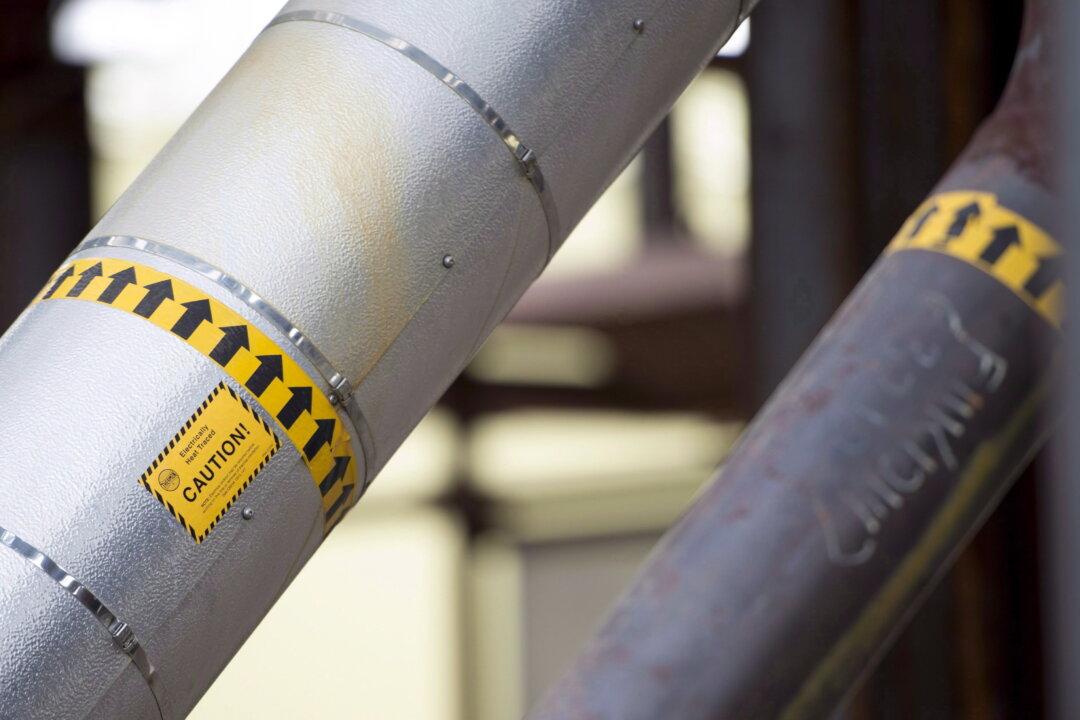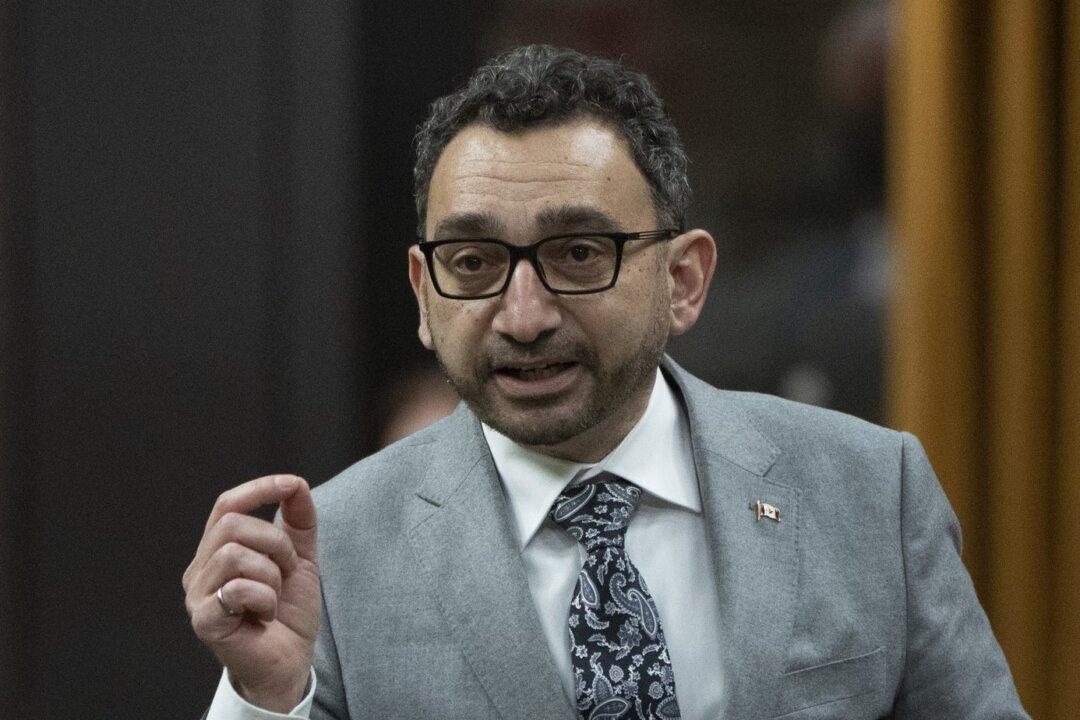Three new leaks in the Nord Stream pipelines have become the latest blow to Europe’s energy crisis, while some industry players say in Canada, politics has gotten in the way of ensuring energy security for allies by blocking Canadian gas from getting to international markets.
Officials are currently investigating apparent sabotage, which caused ruptures to the Nord Stream 1 and 2 gas pipelines that run through the bed of the Baltic Sea from Russia to Germany.
Leaders and officials from Berlin to Moscow are beginning to suspect infrastructural sabotage, as the EU and Russia continue their energy standoff over the invasion of Ukraine.
There has been much speculation over who is behind the sabotage, with different theories being proposed.
Questerre Energy Corporation president Michael Binnion said it’s likely there are some legitimate issues with Russia’s infrastructure, but that other issues are contrived so Russia “can strap down gas for political reasons.” He says a comparison can be drawn with Quebec, which is also blocking Canadian gas from getting to market.
“Tell me how that’s different than what’s happening in Canada,” Binnion told The Epoch Times.
“There’s all these contrived reasons in Quebec too, but the impact of it means that for political reasons Canada is also blocking gas from getting to Germany. And while our political reasons might be different, how are we actually any different?”
The government of Quebec enacted legislation this year to ban oil and gas development in its territory. Quebec-based energy company Utica Resources has launched a lawsuit to challenge the ban.
Earlier this year, the federal government also rejected a major LNG project in Saguenay, Quebec, based on its environmental impact assessment.
Oil service executive David Yager also says that Canada’s efforts to prevent oil and gas from getting to markets are “all political.”
“No other country in the world has intentionally landlocked resources of this magnitude like Canada. It’s unheard of,” Yager said in an interview.
He noted that while Canada has undergone a series of policies and introduction of regulations that have prevented energy products from getting to the market in the name of reducing emissions, Germany and many other European countries have returned to coal-fired power plants to conserve natural gas.
Yager also added that the political environment of today is different from when Quebec introduced legislation and policy to prevent energy exploration.
“Given the events in Europe, are you really saving the world by denying Canadian gas access to global markets,” he said.
“Exactly what are you accomplishing when people that need energy are going back to coal.”





